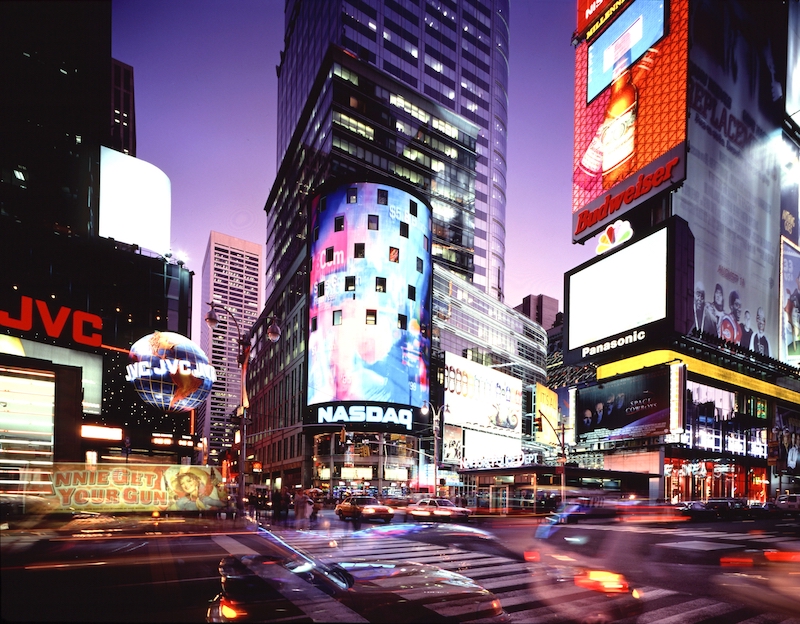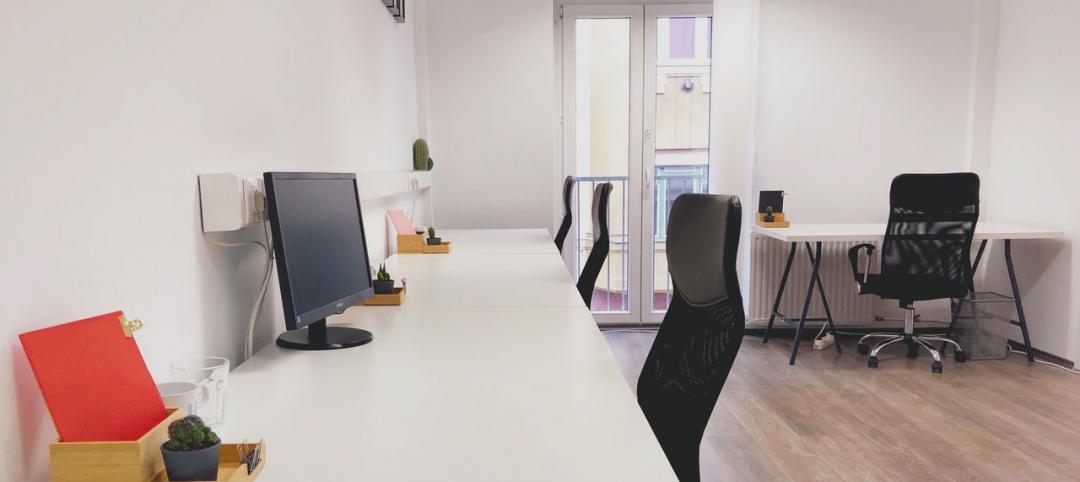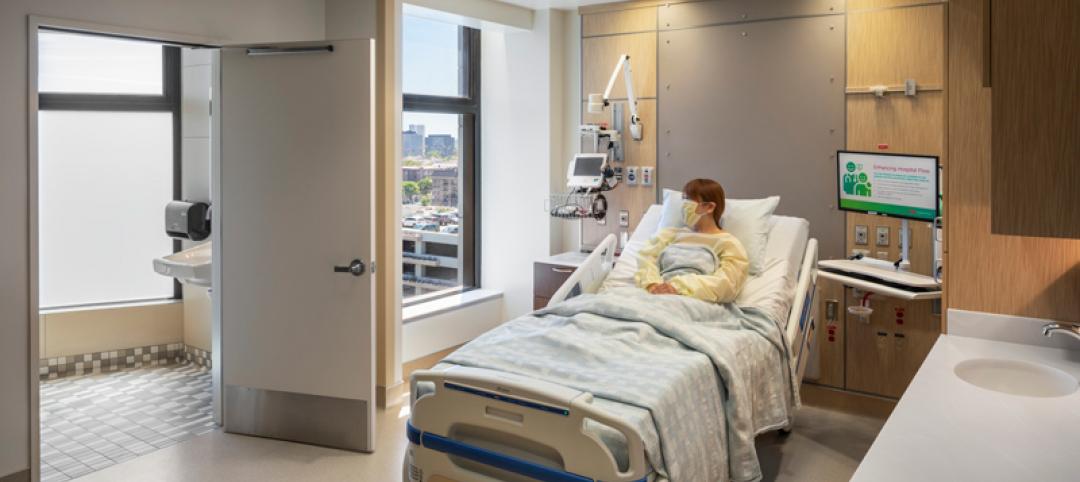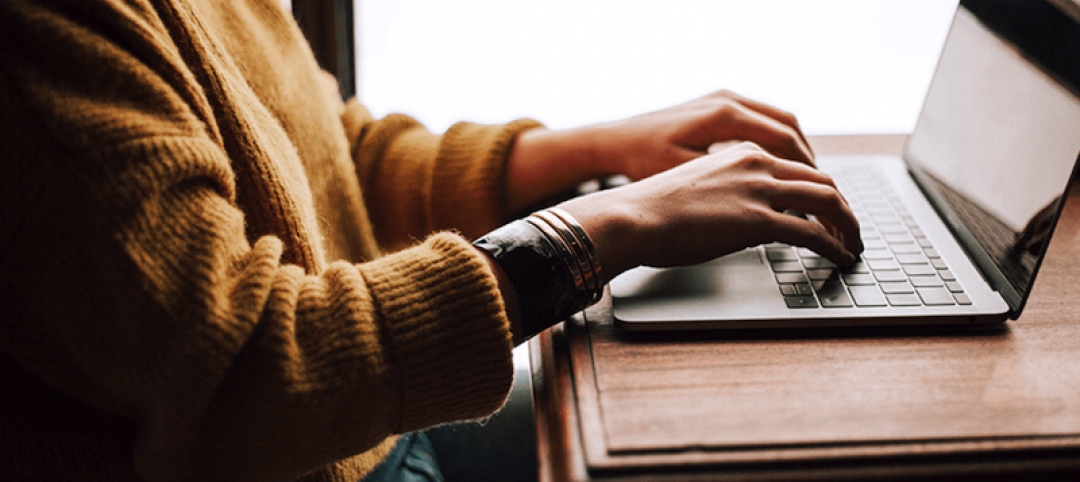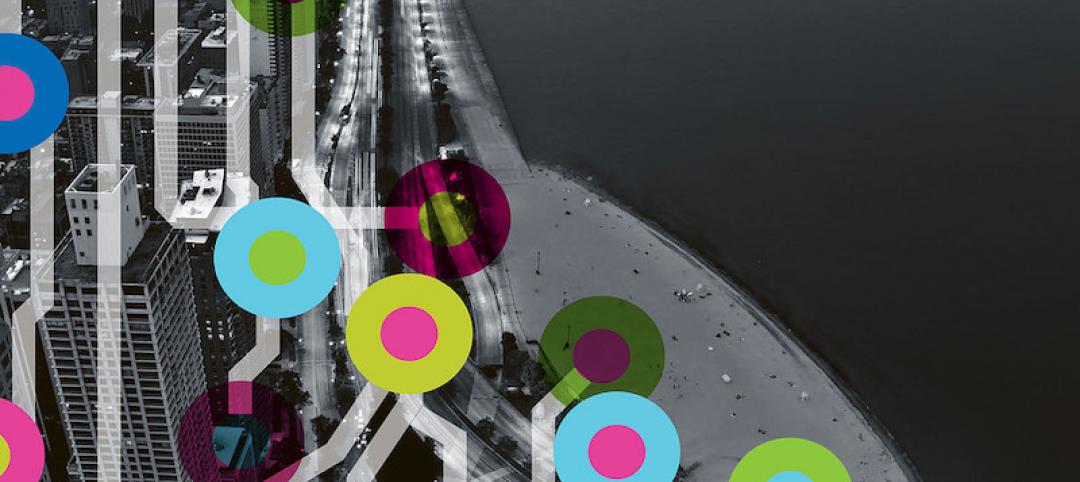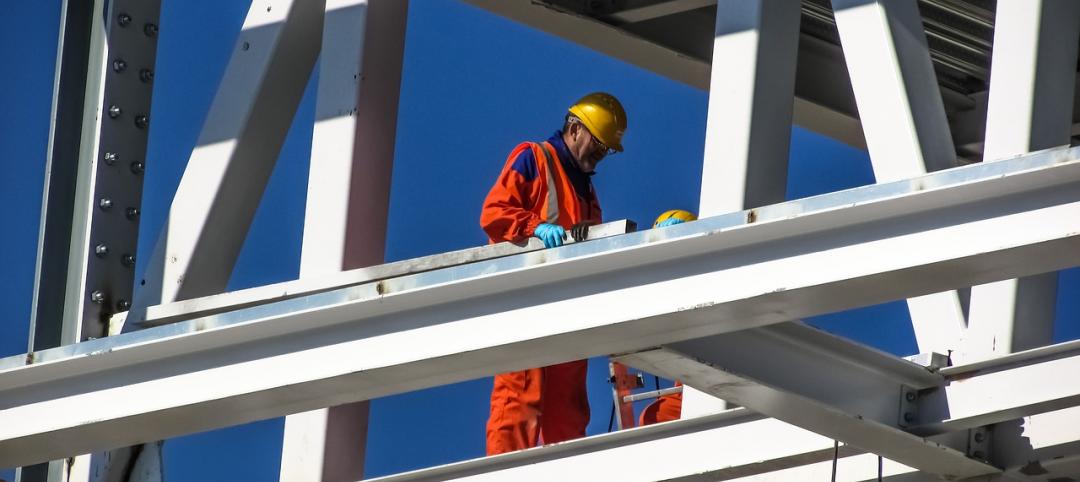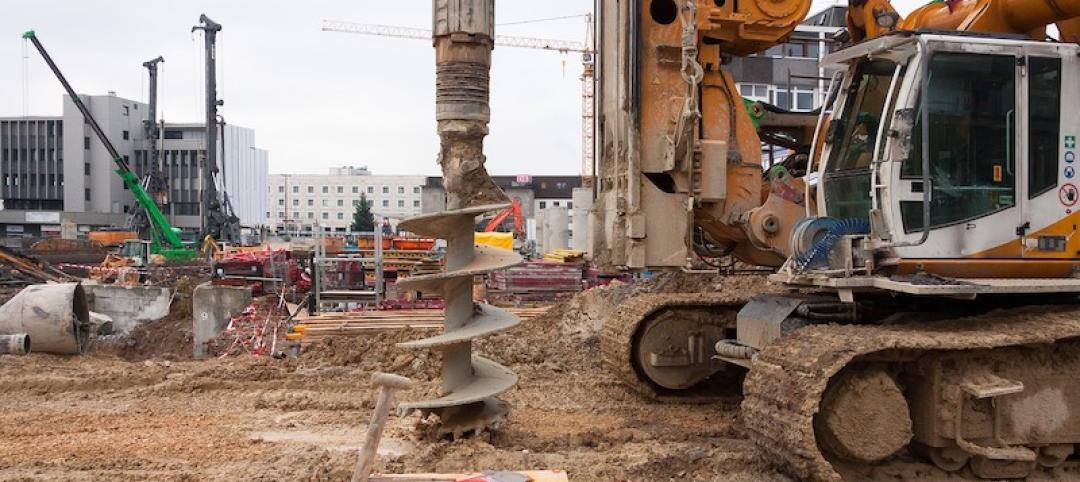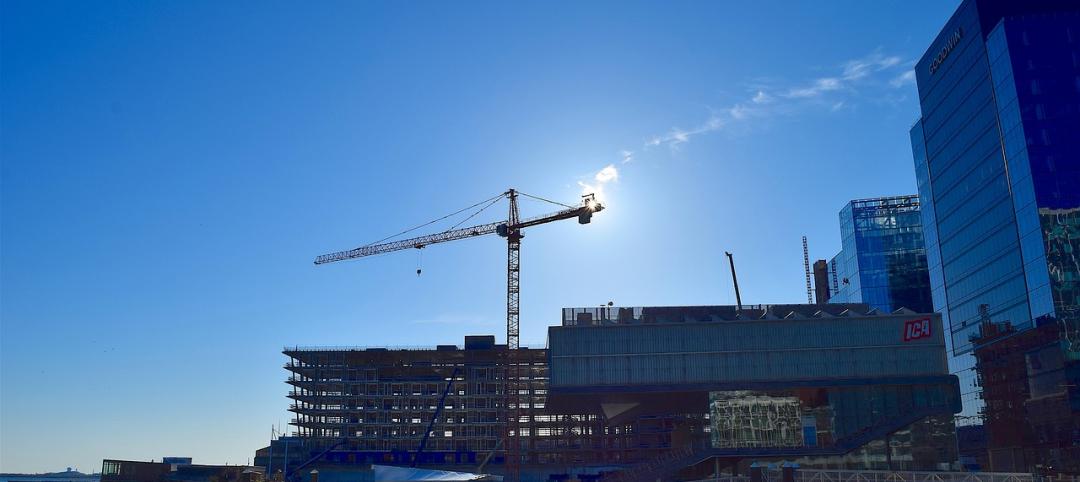During this unprecedented time, we find ourselves wondering if the things we love about living in cities are going to be completely upended, or change forever. If we follow the guidelines for social distancing, we can flatten the curve of this terrible virus in the short term, while still benefiting from being an urban citizen. And in the long term, we believe that the benefits of living in cities far outweigh any adjustments we make to stay healthy and safe.
On a purely functional level, working from home has been a fairly seamless transition for many of us. Supported by amazing, powerful technology, we continue to do what we do: write, calculate, draw, communicate, and create. Productivity isn’t the core problem; it’s the abrupt physical distance from our colleagues, friends, and even family members that is more disruptive.
Density may make it easier for the virus to spread, but let’s not forget that cities are in many ways the heart of society, and a springboard of big ideas, inventions, art, and culture. That’s because cities have a unique spatial and social ecology. During this time of isolation, it’s reassuring to be able to look out the window and see people walking their dogs or delivering groceries, or even just to hear our neighbors’ footsteps around us—things not always possible in the suburbs or country. Simply being in relatively close proximity to a community of people (even while staying home) can have psychological and logistical benefits.
The concentration of urban life can help us overcome feelings of isolation, anxiety, and depression. In the aftermath of 9/11 and Hurricane Sandy, New Yorkers pulled together without government directives, spontaneously looking out for one another, and offering help to strangers as easily as we did friends and neighbors. Today, we hear countless stories of kindness, ranging from people doing errands for elderly neighbors to 3D-printing face shields for medical workers to holding impromptu morale-boosting singalongs from tiny apartment balconies.
The resilient nature of the city itself and its residents is symbiotic and allows us to come back stronger than ever before. While we respect our six feet of separation, we continue to communicate—sometimes even more or better than we did before. We may have temporarily lost physical contact, but we have not lost the bonds of our community. In these troubling times, it’s uplifting to think of how applying that can-do attitude to other crises, such as climate change or homelessness, could result in a better world for cities and beyond.
Related Stories
Coronavirus | Mar 20, 2020
AIA implores Congress to provide relief to business owners and employees
The American Institute of Architects (AIA) 2020 President Jane Frederick, FAIA, and EVP/Chief Executive Officer Robert Ivy, FAIA, are urging Congress to address the critical needs of business owners and employees during the COVID-19 pandemic.
Coronavirus | Mar 20, 2020
Extending care capacity as COVID-19 grows
Coronavirus threatens to overwhelm the U.S. healthcare system. LEO A DALY’s health practice leader offers some innovative ideas for expanding access.
Coronavirus | Mar 19, 2020
Positive vibes: Let's take a look at the brighter side of these crazy times
Perhaps now is a good time to take a page from Monty Python's book and look on the bright side of life. So let's push aside the doom and gloom for a bit and bring a little positivity to these strange times we all currently find ourselves in.
Coronavirus | Mar 19, 2020
Force Majeure and COVID-19 in construction contracts - What you need to know
With the onset of the COVID-19 pandemic, we are all taking a closer look at many portions of our contracts.
Coronavirus | Mar 19, 2020
Technology crucial during COVID-19 social distancing
Technology can help bridge the gap during the Coronavirus pandemic as higher education institutes and corporations are moving to a remote work model.
Coronavirus | Mar 18, 2020
Coronavirus latest: Short-term pain but strong rebound likely, says Oxford Economics
Once the disruption and uncertainty fade, the rebound in global economic activity will be strong. It’s important for firms to position themselves for such a recovery.
Coronavirus | Mar 18, 2020
We are in the midst of a paradigm shift for higher education
The question for higher education is, what will the university of the future look like?
Coronavirus | Mar 17, 2020
AIA: Design services saw increase in February, but economic footings are rapidly shifting
"The rapid pull-back in activity throughout the economy will obviously be felt in the design and construction sector, and architecture firms will be one of the first to see how these events play out,” said AIA Chief Economist, Kermit Baker, Hon. AIA, PhD.
Coronavirus | Mar 17, 2020
AGC to government officials: Shutting down construction projects is an unnecessary step
Construction firms are already taking steps to protect employees, most of whom already wear protective equipment, while halting work will undermine efforts to add hospital capacity.
Coronavirus | Mar 16, 2020
Boston mayor orders shut down of construction sites due to coronavirus
Boston Mayor Martin Walsh has ordered that all construction projects in the city be suspended in response to the spread of the coronavirus.


